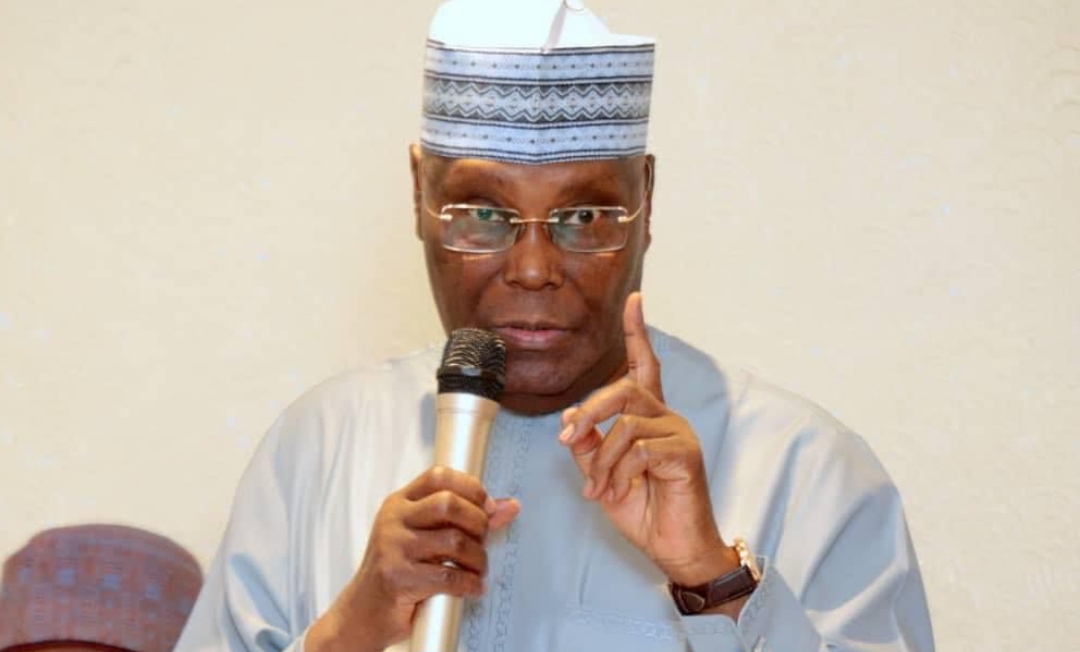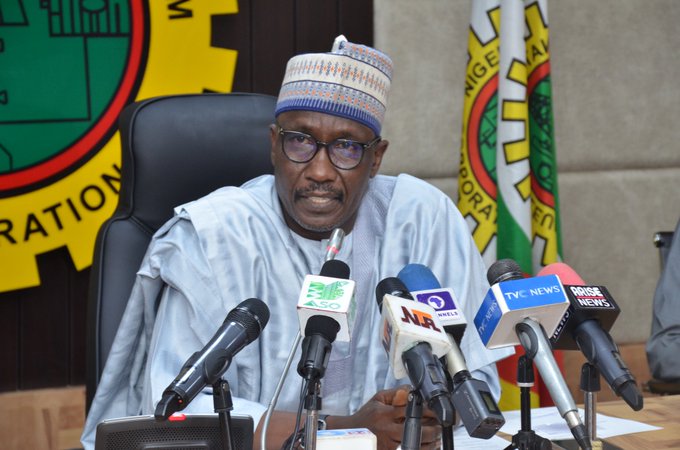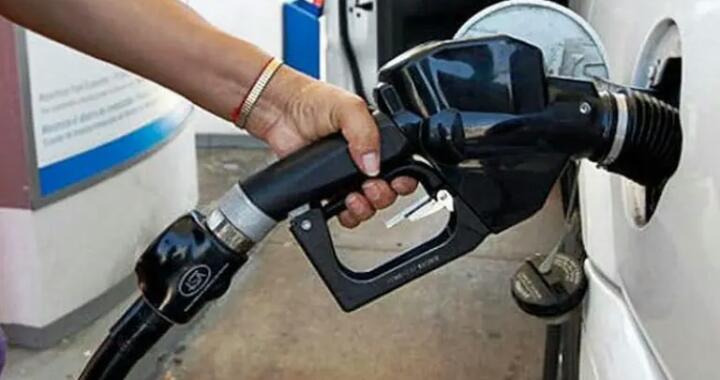FG closes 7 petrol depots for selling above government price
By Muhammadu Sabiu Seven private depots were closed by the Nigerian Midstream and Downstream Petroleum Regulatory Authority (NMDPRA) for selling gasoline above the N148 per litre permitted by the federal…








